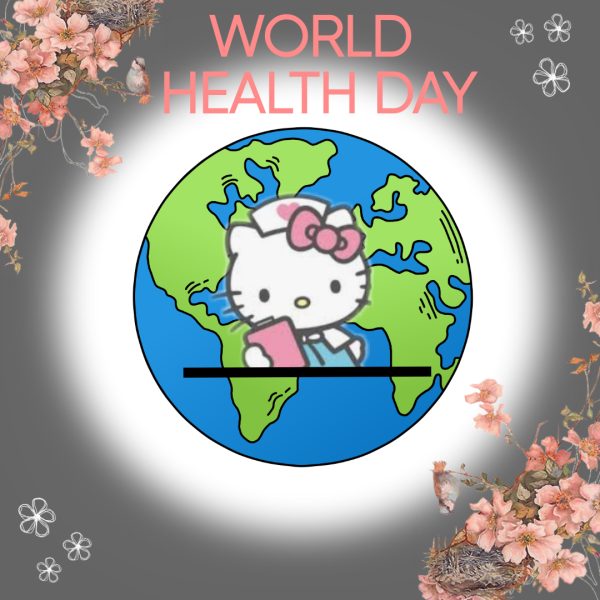Remembering the Holocaust
About 80 years after the start of World War II, the Holocaust still serves to be one of the most shameful events in European (and world) history. The tragic slaughtering of some 6 million Jews, in addition to countless numbers of communists, Slavic persons, gays, and others was felt all throughout the world, and its effects are resounding to this day.
On May 8th, 1945, after a 4-year span of time, the Holocaust officially ended. 74 years later, this epoch is still remembered. But why? The answer simply lies in the fact that the Holocaust, in its deadliness and cruelty, cannot and should not simply be forgotten and written off as a matter of the past. It shows how a play of political events can evolve into something far more threatening, and what can happen when a country is under the influence of an overly powerful dictator. The unimaginably horrific event caused great suffering, even among those not belonging to the primarily targeted, 6-million-large group of people—Jews.
One of the greatest crimes ever committed still has misconstrued information to this day. Many believe that the victims died in extermination, as opposed to their being shot, starving to death, or perishing of illness (as reality had it).
In the future, there is a common hope that the world will never have to suffer through a similar event once more—especially in light of the peace now prevalent on the European continent and the widespread nature of laws and movements prohibiting Holocaust denial. The years in which the Holocaust took place should be remembered for generations, serving as a reminder that cruelty is a trait present in humans of all eras and that all efforts must be taken to avoid a reiteration of such an event in the future.



My name is Cameron Valaitis. I was born on March 15, 2002 and am currently a junior at Greater Nanticoke Area. I have two brothers, along with three cats...












